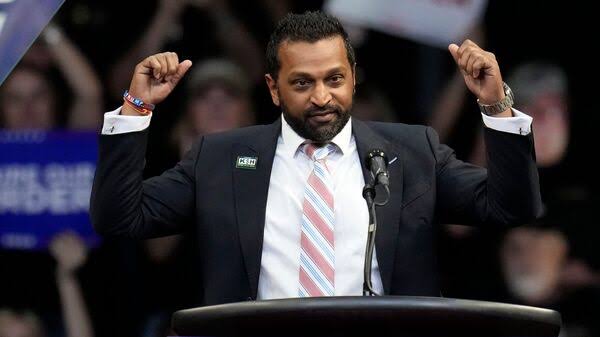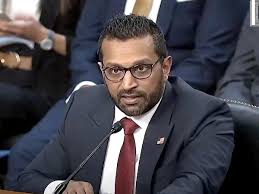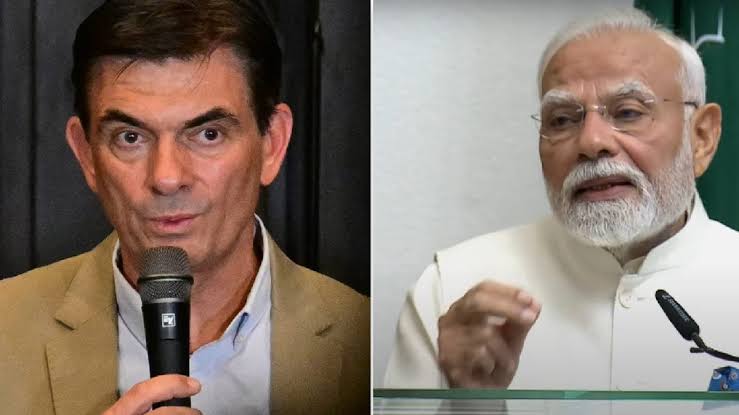Kash Patel, an Indian-origin lawyer and national security expert, has been confirmed as the ninth director of the Federal Bureau of Investigation (FBI) following a narrow 51-49 vote in the U.S. Senate. His appointment, backed by President Donald Trump, marks a significant shift in the leadership of the agency.
 Patel, known for his close ties to Trump, has pledged to make the FBI more transparent and accountable. In his first statement after confirmation, he emphasized his commitment to justice and ensuring the agency operates with integrity. His appointment was met with opposition from all 47 Democratic senators, along with Republican Senators Susan Collins and Lisa Murkowski, who voted against him.
Patel, known for his close ties to Trump, has pledged to make the FBI more transparent and accountable. In his first statement after confirmation, he emphasized his commitment to justice and ensuring the agency operates with integrity. His appointment was met with opposition from all 47 Democratic senators, along with Republican Senators Susan Collins and Lisa Murkowski, who voted against him.
A first-generation American of Indian descent, Patel was born on February 25, 1980, to Gujarati parents in Garden City, New York. He pursued a law degree from Pace University and began his career as a public defender, handling a wide range of cases, including murder, narcotics trafficking, and financial crimes. Over the years, he transitioned into roles focused on national security and intelligence, serving as a senior official in the Trump administration.
During his tenure at the National Security Council, Patel played a key role in counterterrorism operations, contributing to missions that led to the elimination of high-profile terrorist leaders and the repatriation of American hostages. His expertise in law enforcement and intelligence has shaped his approach to leadership, which he now brings to the FBI.
Following his confirmation, Patel reiterated his strong stance on national security, vowing to aggressively pursue those who threaten American interests. His statement, shared on social media, underscored his determination to uphold law and order while aligning closely with President Trump’s agenda for the agency.
As he takes the helm of the FBI, Patel’s leadership is expected to bring changes to the bureau’s operations, with a focus on transparency and accountability. However, his appointment remains a point of contention in Washington, reflecting broader political divisions over the future direction of the nation’s top investigative agency.




